from Wayne Grudem’s BIBLE Doctrine – Essential Teachings of the Christian Faith.
In Part 1 We read regarding Spiritual Gifts in general- 1)Spiritual gifts in the history of redemption and 2) The purpose of gifts in the New Testament age. You can read part 1 here.
The New Testament lists specific spiritual gifts in six different passages. See table here –1 Corinthians 12:28 , 1 Corinthians 12:8-10, Ephesians 4:11, Romans 12:6-8, 1 Corinthians 7:7, 1 Peter 4:11.
Gifts of the Holy Spirit:
- apostle – (1-8 from 1 Cor. 12:28)
- prophet
- teacher
- miracles
- kinds of healing
- helps
- administration
- tongues
- word of wisdom – (9-13 from 1 Cor. 12:8-10)
- word of knowledge
- faith
- distinguishing between spirits
- interpretation of tongues
- evangelist – (14-15 from Ephesians 4:11)
- pastor-teacher
- serving – (16-20 from Romans 12:6-8)
- encouraging
- contributing
- leadership
- mercy
- marriage – (21-22 from 1 Cor. 7:7)
- celibacy
1 Peter 4:11 whoever speaks (covering several gifts) and whoever renders service (also covering several gifts). Click to read more…
What is obvious is that these lists are all quite different. No one list has all these gifts, and no gift is mentioned on all these lists: in the context of speaking of marriage and celibacy, Paul says, „Each has his own special gift from God, one of one kind and one of another.”
These facts indicate that Paul was not attempting to construct exhaustive lists of gifts when he specified the ones he did. Although there is sometimes an indication of some order (he puts apostles first, prophets second, and teachers third, but tongues last in 1 Cor. 12:28), it seems that in general Paul was almost randomly listing a different series of examples of gifts as they came to mind.
Moreover, there is some degree of overlap among the gifts listed at various places. No doubt the gift of administration (kybernesis 1 Cor. 12:28) is similar to the gift of leadership (ho proistamenos Rom. 12:8) and both terms could probably be applied to many who have the office of pastor-teacher (Eph. 4:11). Moreover, in some cases Paul lists an activity and in other cases lists the related noun that describes the person (such as „prophecy” in Rom. 12:6 and 1 Cor. 12:10, but „prophet” in 1 Cor. 12:28 and Eph. 4:11)
How many different gifts are there then? It simply depends on how specific we wish to be. We can make a very short list of only two gifts as Peter does in 1 Peter 4:11: „whoever speaks” and whoever renders service”. In this list of only two items Peter includes all the gifts mentioned in any other list because all of them fit in one of these two categories. Other classifications of gifts include gifts of knowledge (such as distinguishing between spirits, words of wisdom, and word of knowledge), gifts of power (such as healing, miracles, and faith), and gifts of speech (tongues, interpretation and prophecy). Then again we could make a much longer list, such as the list of twenty-two gifts enumerated above.
The point of all of this is simply to say that God gives the church an amazing variety of spiritual gifts, and they are all tokens of his varied grace. In fact, Peter as much: „As each has received a gift, employ it for one another, as good stewards of God’s varied grace” (1 Peter 4:10; the word „varied” here is poikilos, which means „having many facets or aspects; having rich diversity”).
The practical outcome of this discussion is that we should be willing to recognize and appreciate people who have gifts that differ from ours and whose gifts may differ from our expectations of what certain gifts should look like. Moreover, a healthy church will have a great diversity of gifts, and this diversity should not lead to fragmentation but to greater unity Paul’s among believers in the church. Paul’s whole point in the analogy of the body with many members (1 Cor. 12:12-26) is to say that God has put us in the body with these differences so that we may depend on each other. „The eye cannot say to the hand, „I have no need of you,” nor again the head to the feet, „I have no need of you.” On the contrary, the parts of the body which seem to be weaker are indispensable”(1 Cor. 12:21-22;cf. vv.4-6).
Next – Gifts may vary in strength & How should we discover and seek spiritual gifts
Related articles
- Gifts of the Holy Spirit (1)- What are spiritual gifts? (rodiagnusdei.wordpress.com)
















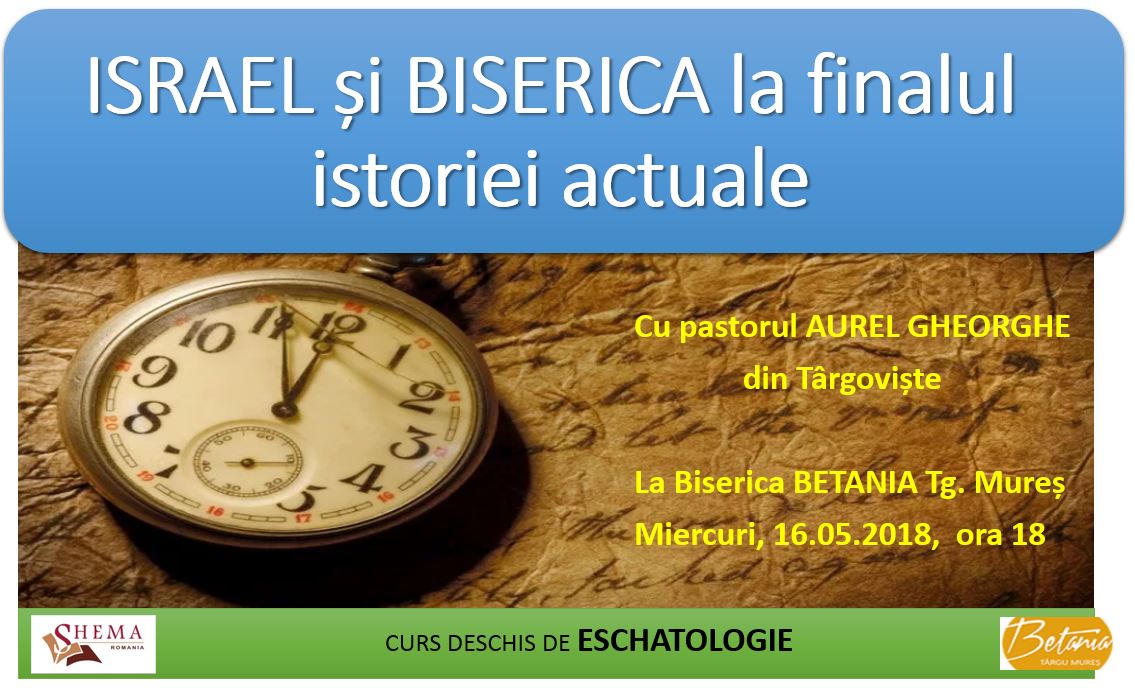






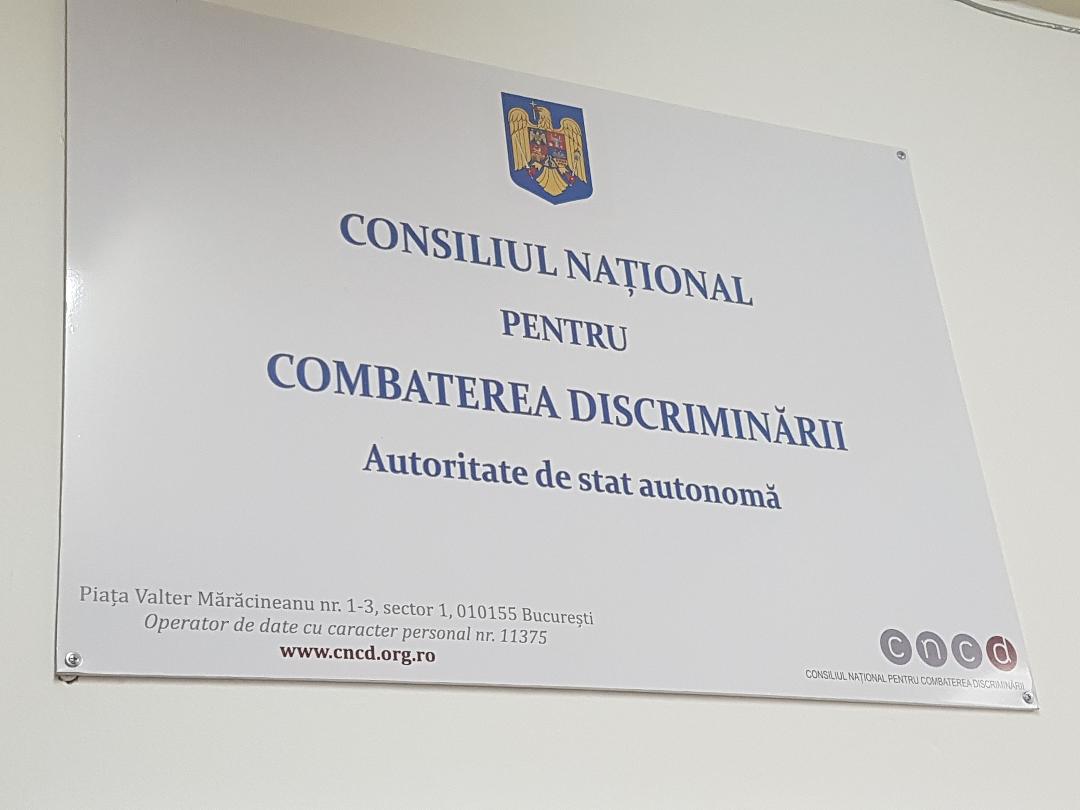










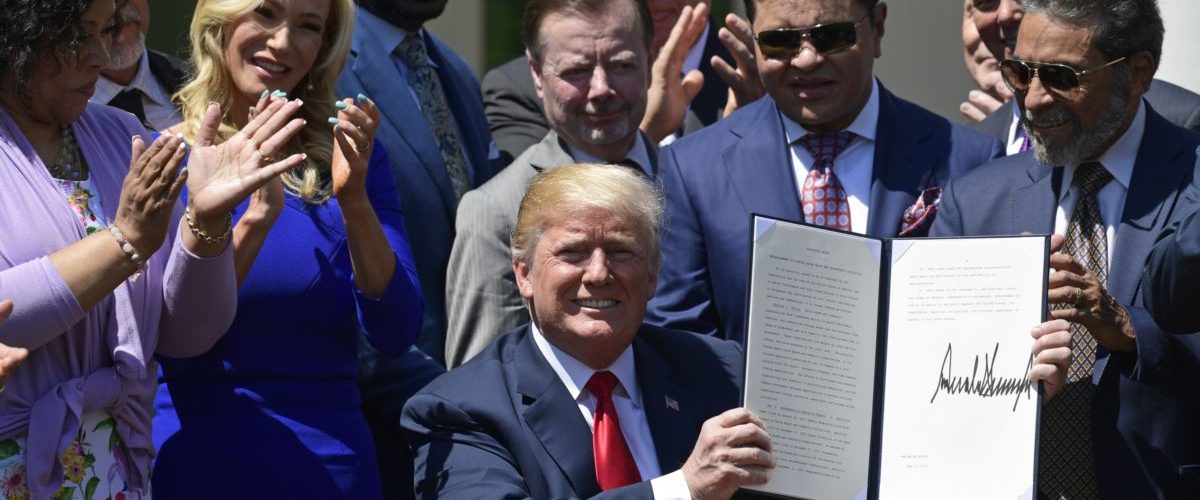

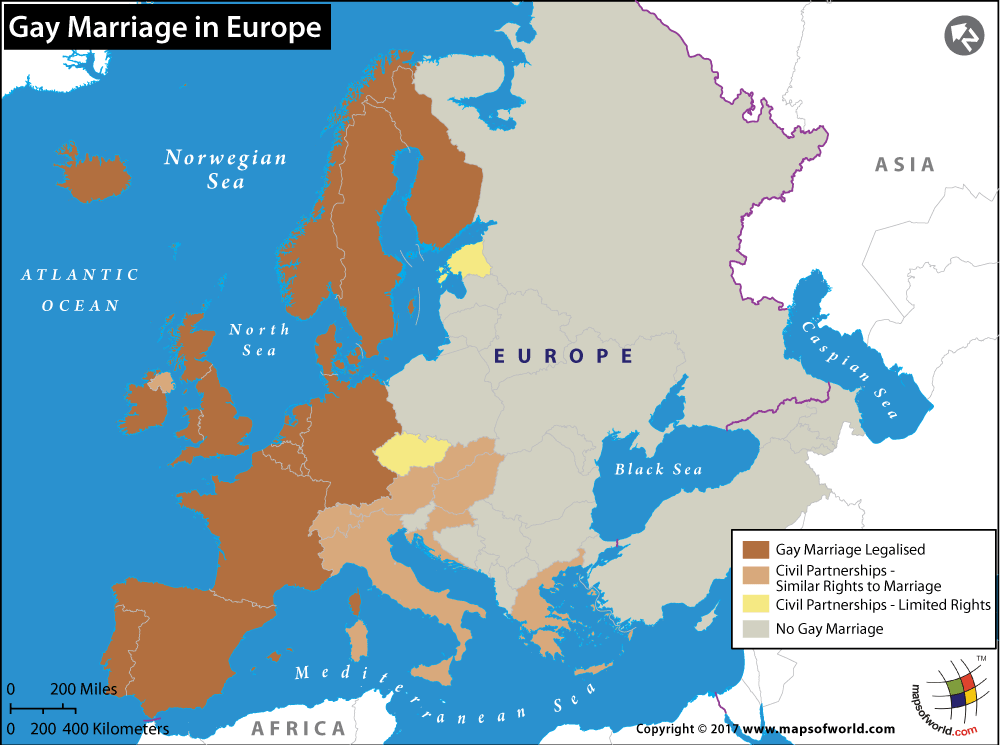







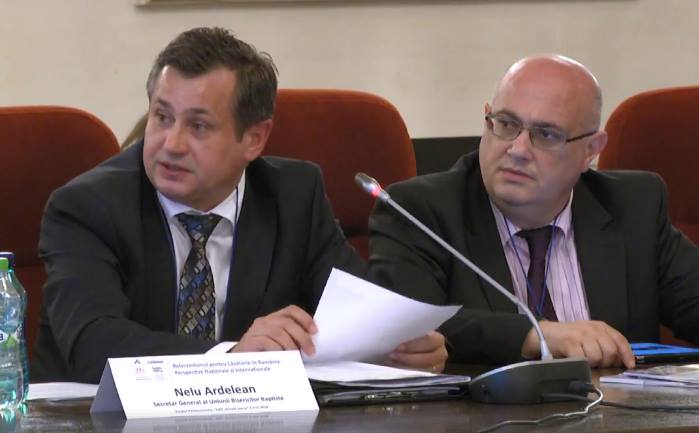










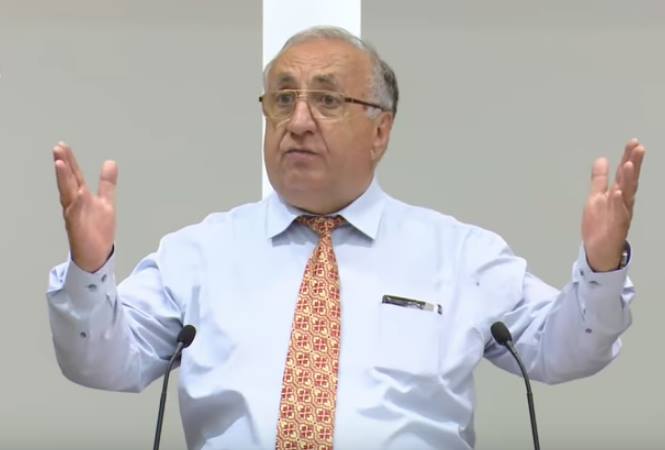





















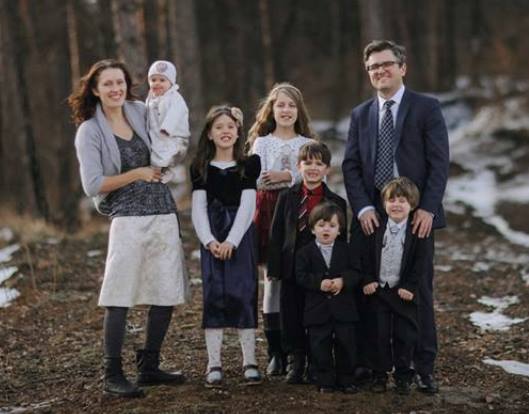



















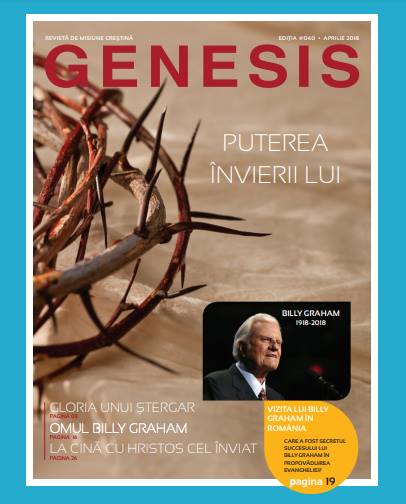












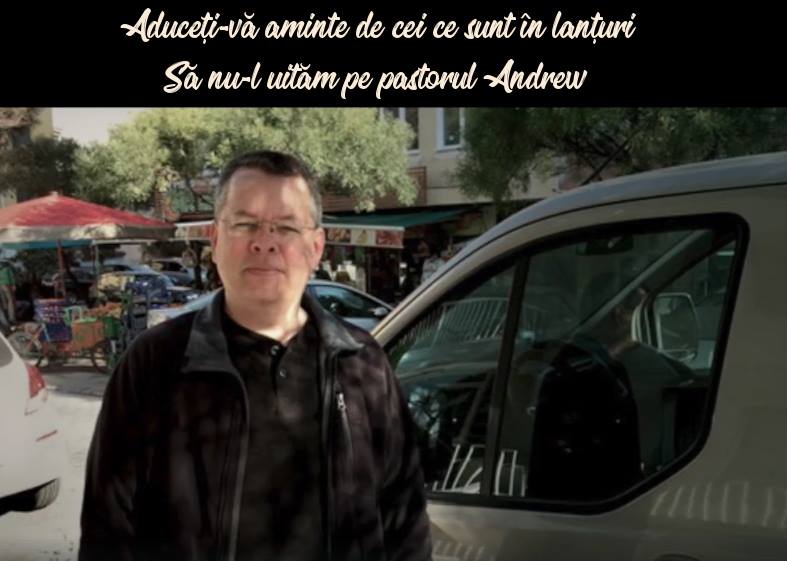


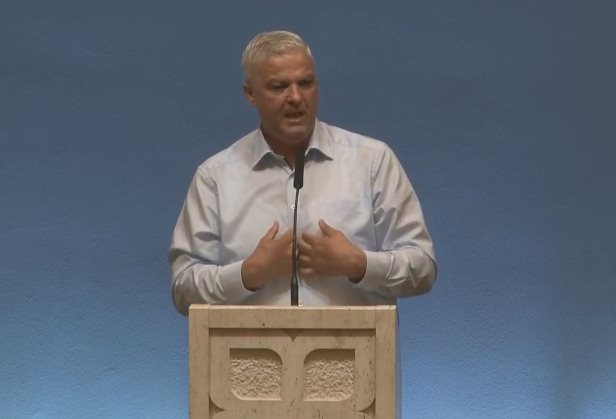
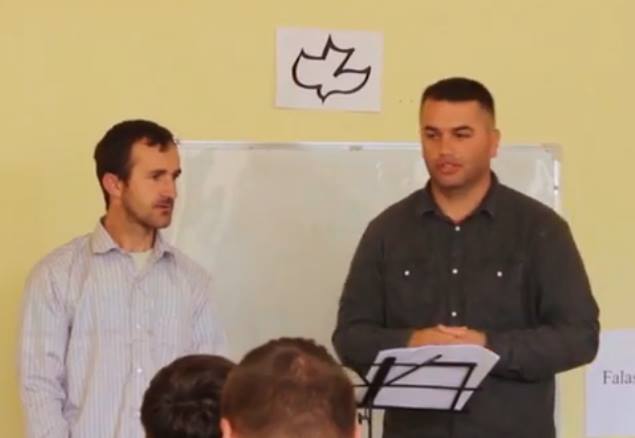























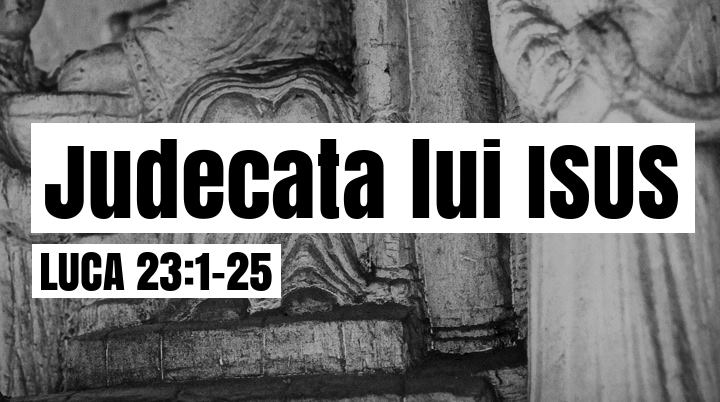







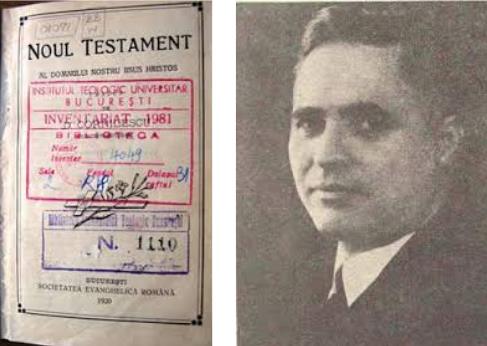






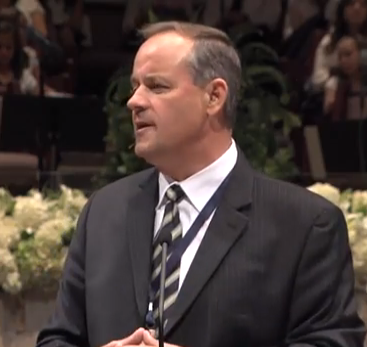

































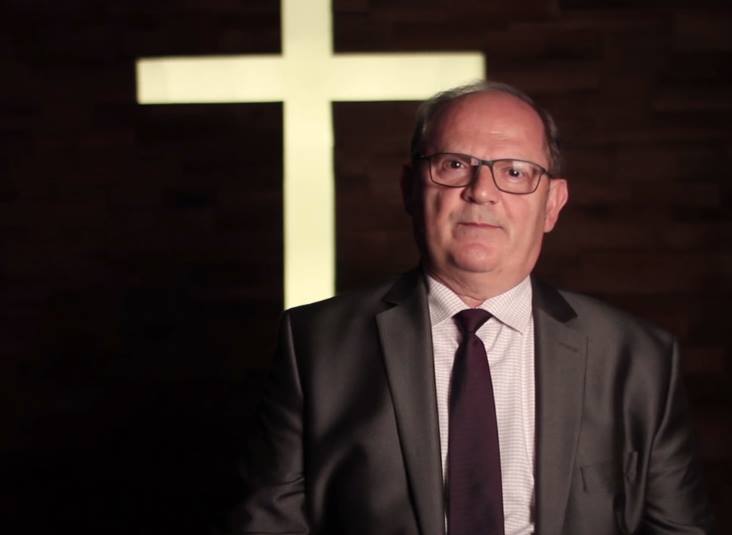































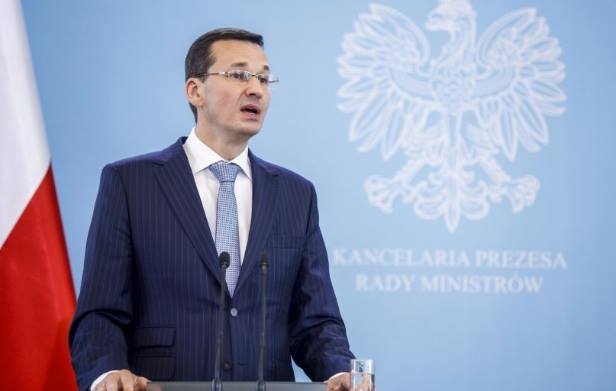



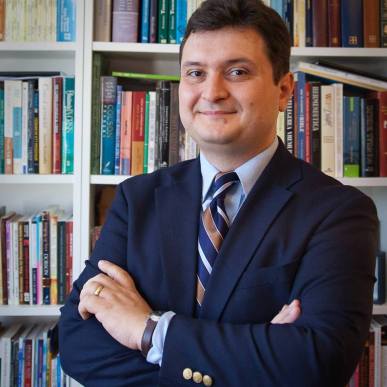



























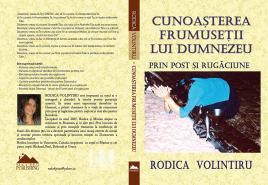










11 comentarii (+add yours?)